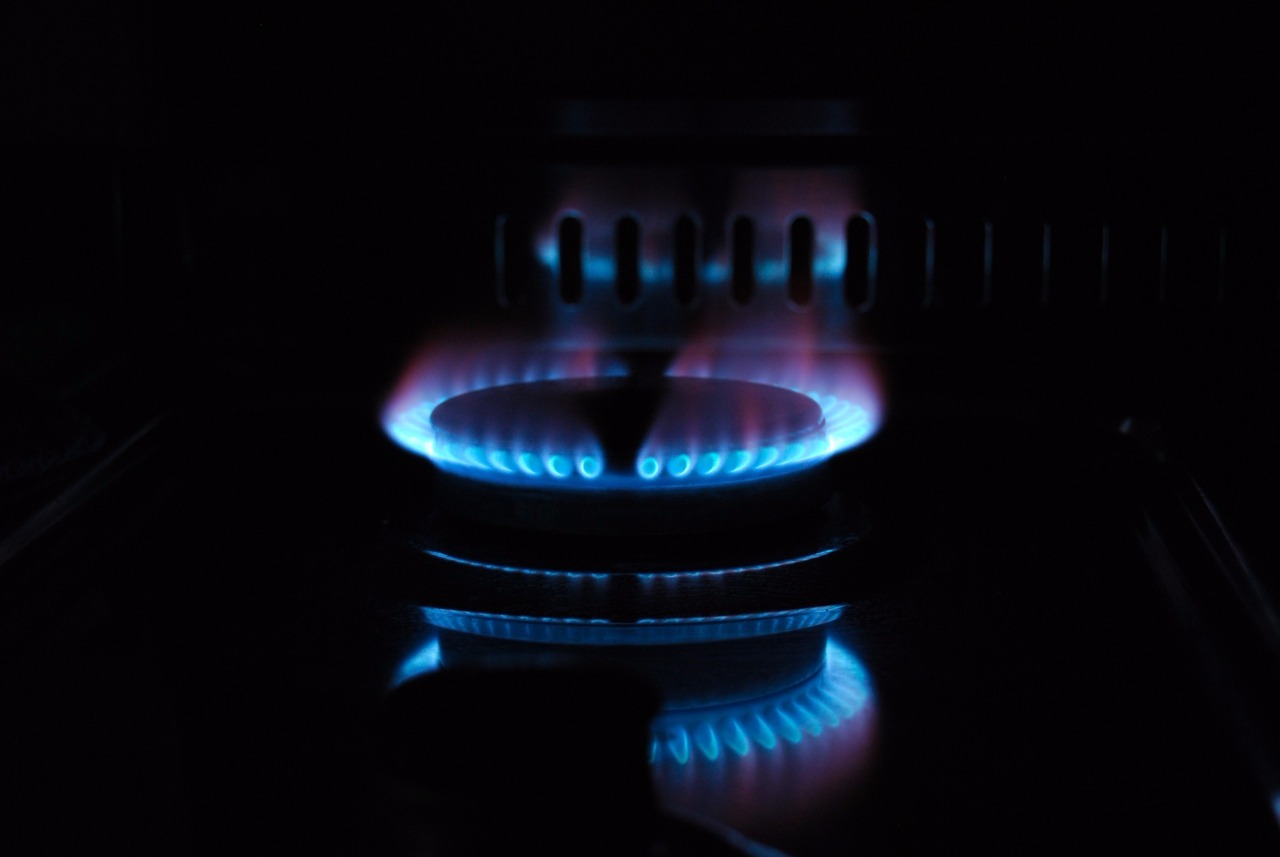Kremlin steps up financial and economic pressure to prompt Minsk to accept its terms
 The situation has not changed
The situation has not changed

Minsk appears ready to aggravate tension in bilateral relations, presumably, in anticipation of a trade-off with Moscow before the presidential election campaign kicks off in Russia. Meanwhile, the Kremlin has increased financial and economic costs for Minsk in the oil and gas confrontation: the price of gas went up by 6.81%. The Belarusian authorities are likely to attempt to link up military-political cooperation with the resolution of economic disagreements with the Kremlin.
Belarus’ Prime Minister Andrei Kobyakov said at a meeting of the Eurasian Intergovernmental Council that problems in relations with Russia could affect Belarus’ participation in the EEU integration.
Yet Minsk has not managed to arrange a meeting between Presidents Lukashenka and Putin to thaw Russo-Belarusian relations. Moreover, the bilateral conflict is building up, as evidenced by Prime Minister Dmitry Medvedev’s sharp response to criticism by Belarusian PM Kobyakov about the prospects for the EEU development and the oil and gas dispute at a meeting in Bishkek. Apparently, Russia’s nervous reaction could be explained by Minsk torpedoing one of the most sensitive issues, the Eurasian integration, amid preparations for the presidential elections in Russia, which could be held in March 2018.
Moscow follows a tough line in negotiations with Minsk; it has raised the price of gas from USD 132 to USD 141.1 per thousand cubic metres, thereby increasing Belarus’ losses from the oil and gas confrontation. In turn, Minsk tactically ignores Russia’s demands regarding the gas price and refuses to pay the price proposed by the Gazprom, effectively accumulating overdue payments for gas, which, according to Russian Vice-PM Dvorkovich, totalled USD 600 million.
That said, the Russian leadership has made it clear that the financial and economic support for their partners in the Eurasian integration would inevitably reduce. Provided dwindling own resources, such support would be particularly burdensome for the Kremlin in the pre-election year. Meanwhile, President Lukashenka, in a harsh yet rather cautious manner has started challenging the benefits from the military-political cooperation with Russia, which is the most advanced form of the Belarusian-Russian cooperation.
Amid growing tension, in Q2 2017, Moscow could further reduce the oil supply to the Belarusian refineries and freeze the next tranche of the EFSR loan in order to prompt Minsk to accept its terms in the oil and gas dispute. In the long term, the Kremlin is likely to continue to reduce the financial and economic support to the Belarusian economy and step up its requirements vis-a-vis Minsk as to fulfilling the allied commitments by the latter.
Subscribe to our newsletter




Situation in Belarus
Constitutional referendum: main consequences


 Video
Video
How to count the political prisoners: are the new criteria needed?


 Video
Video
Paternalism In Decline, Belarusian Euroscepticism, And The Influence Of Russia


 Video
Video











